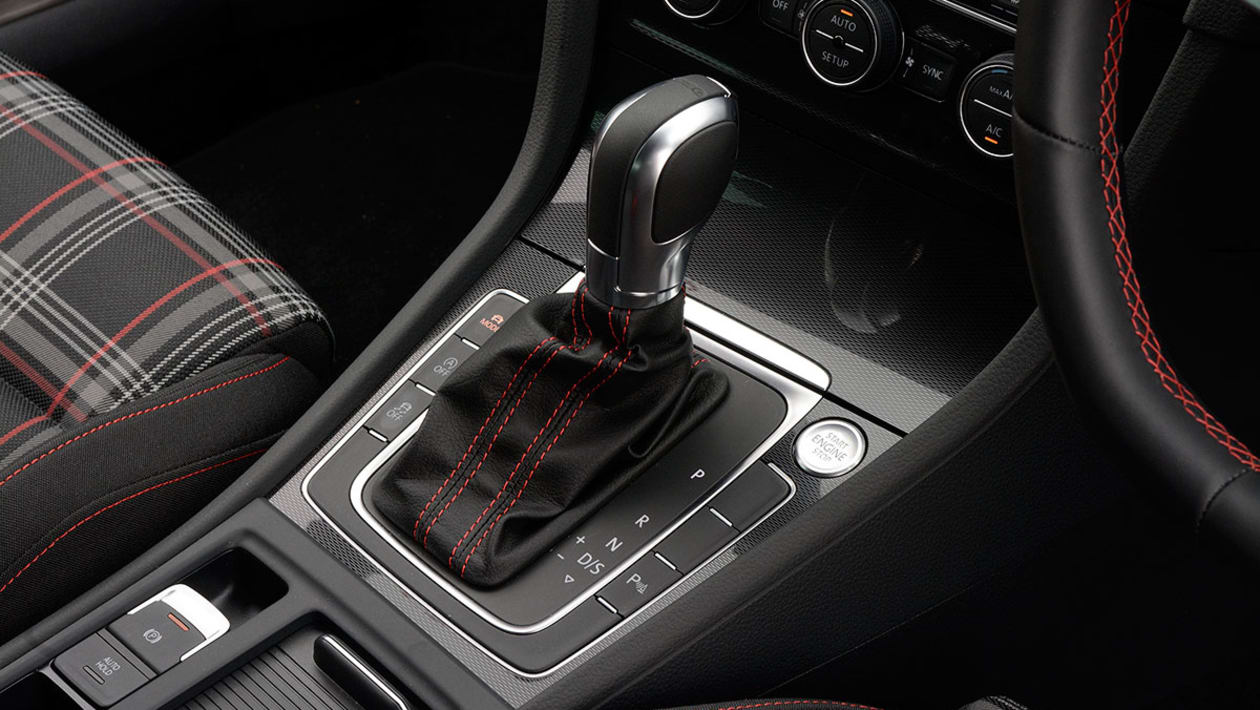I started out driving in 1964 with an Austin A35 followed by an Austin Cambridge and subsequently an Austin A40 Farina. All had rust problems but were reliable mechanically. During my years of driving I've had experiences of most popular makes with differing results but I can only remember having to enlist roadside assistance on 3 occasions.
In 2008 I was encouraged to try Toyota and I haven't looked back. I'm on my 3rd one now and I've been impressed with the products and the service back-up.
My conclusion is that we're now experiencing the benefits of well over 100 years of development. I declare I am a dinosaur but it's petrol and manual for me. When electric becomes mandatory, I'll surrender my licence.
In 2008 I was encouraged to try Toyota and I haven't looked back. I'm on my 3rd one now and I've been impressed with the products and the service back-up.
My conclusion is that we're now experiencing the benefits of well over 100 years of development. I declare I am a dinosaur but it's petrol and manual for me. When electric becomes mandatory, I'll surrender my licence.






